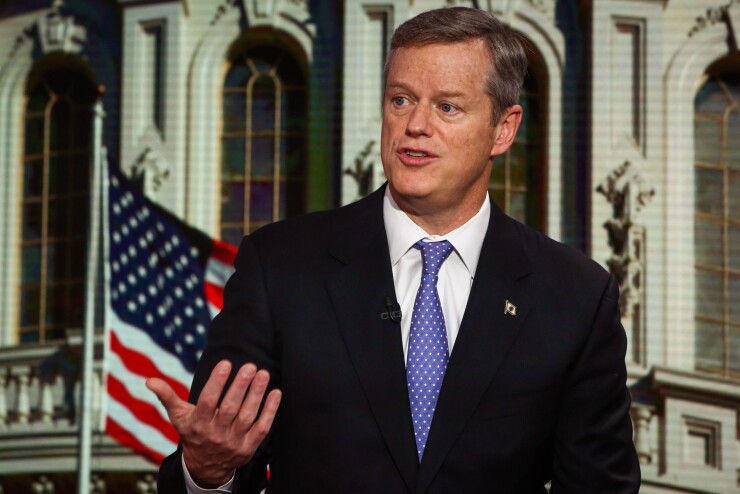
The Supreme Court invited the Biden administration Monday to weigh in on a challenge to whether states can impose income taxes on out-of-state remote workers who no longer commute there due to the pandemic.
New Hampshire is challenging Massachusetts’ effort to tax remote workers during the pandemic who live in the Granite State, which has no state income tax. New Hampshire says more than 103,000 of its residents, about 15% of its workforce, worked for Massachusetts-based companies in 2017.
Most notable among the five is New York, where New York City is an employment hub that draws hundreds of thousands of workers from northern New Jersey and southern Connecticut. Arkansas, Delaware, Nebraska, and Pennsylvania also have similar taxes on out-of-state workers.
The sudden surge in remote work because of the pandemic has dramatically reduced commuting. And this ad-hoc arrangement has become permanent in many cases as workers have moved their homes in search of a better quality of life.
In that respect, the pandemic has upended the economic competition for locating new corporate headquarters into a free-for-all among the states in which state income taxes could become a more important factor.
A decision by the nation’s highest court is not likely anytime soon.
The acting solicitor general might wait until the summer to file a brief on behalf of the United States. The Supreme Court, in that case, would not officially take the case until the fall term and a decision might not be rendered until early next year.
That means this case most likely won’t have any impact on state budgets the next fiscal year, which for most states begins July 1.
New Jersey, Connecticut, Hawaii, and Iowa have filed a friend of the court brief in support of New Hampshire, noting many of their residents are in the same position of being forced to pay income taxes to another state where their job is based.
New Jersey said more than 400,000 of its residents and 78,000 from Connecticut commuted to jobs in New York City prior to the pandemic.
The New Jersey-led states said in their brief they are “sacrificing billions of dollars in tax revenue on account of these unconstitutional state laws—and this Court is the only forum that can remedy their harms.”
New Jersey estimates that during 2020 the state may credit anywhere from $928.7 million to $1.2 billion to its residents for income taxes paid to New York state while working at home in New Jersey.
“How this case is resolved means the difference of approximately one billion dollars in revenue for a single state treasury in a single year,” New Jersey said in its brief.
“There is little chance this issue will be resolved outside of the judiciary,” New Jersey said. “Given the billions of dollars of income tax credits and many more billions of dollars of projected budget shortfalls due to COVID-19 that are involved, political resolution is practically impossible.”
There’s also pressure on the high court from nine other states led by Ohio that filed a brief pointing out that the Constitution requires the Supreme Court to resolve disputes between two states. Ohio was joined by Arkansas, Indiana, Kentucky, Louisiana, Missouri, Nebraska, Oklahoma, Texas, and Utah.
Massachusetts enacted its law last year as a temporary measure related to the pandemic.
Massachusetts said the temporary measure ensures continued clarity with tax collections for Massachusetts and other states and minimal disruption for employers and employees during the COVID-19 public health emergency.
For instance, Massachusetts said that for an out-of-state employee who typically worked two days in Massachusetts and three days remotely prior to the pandemic, and is now working five days remotely, the commonwealth will continue to levy its tax on two-fifths of that employee’s wages.
Patrick Marvin, spokesman for the Massachusetts Office for Administration and Finance, said in an email Monday, “The administration does not comment on pending litigation.”
The office of New Hampshire Gov. John Sununu did not respond immediately to a request for comment.





